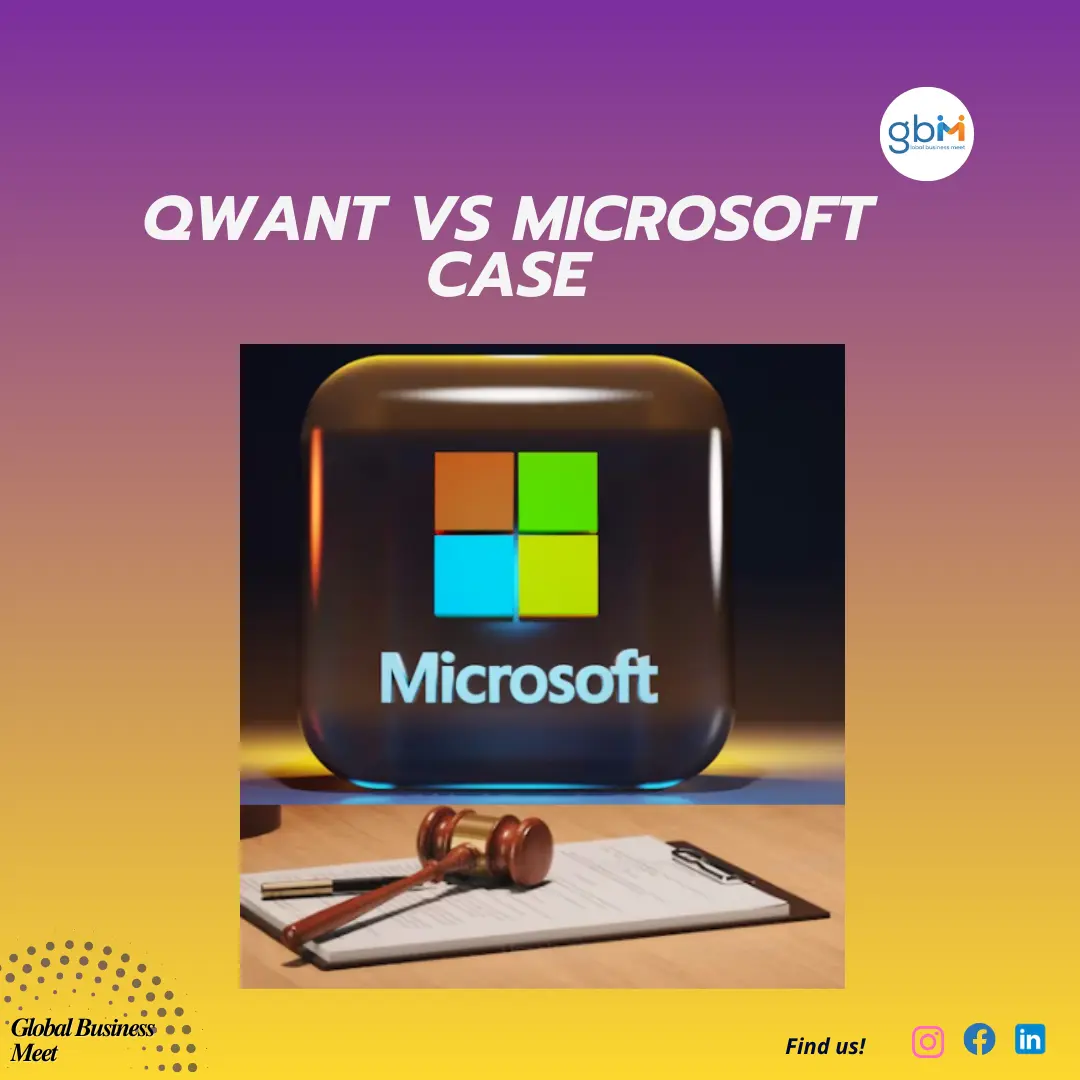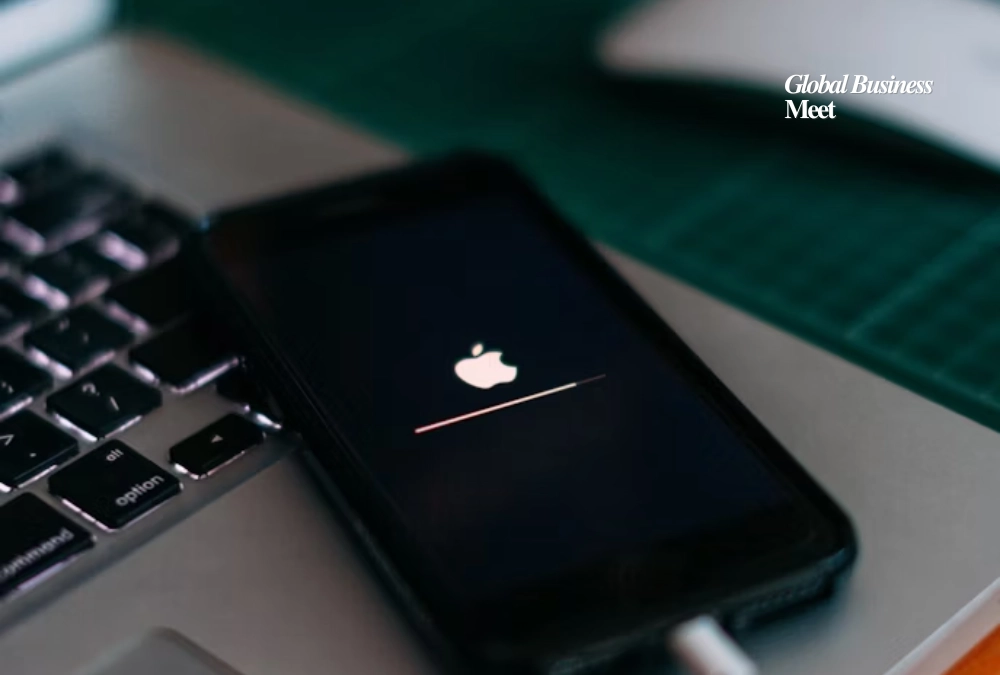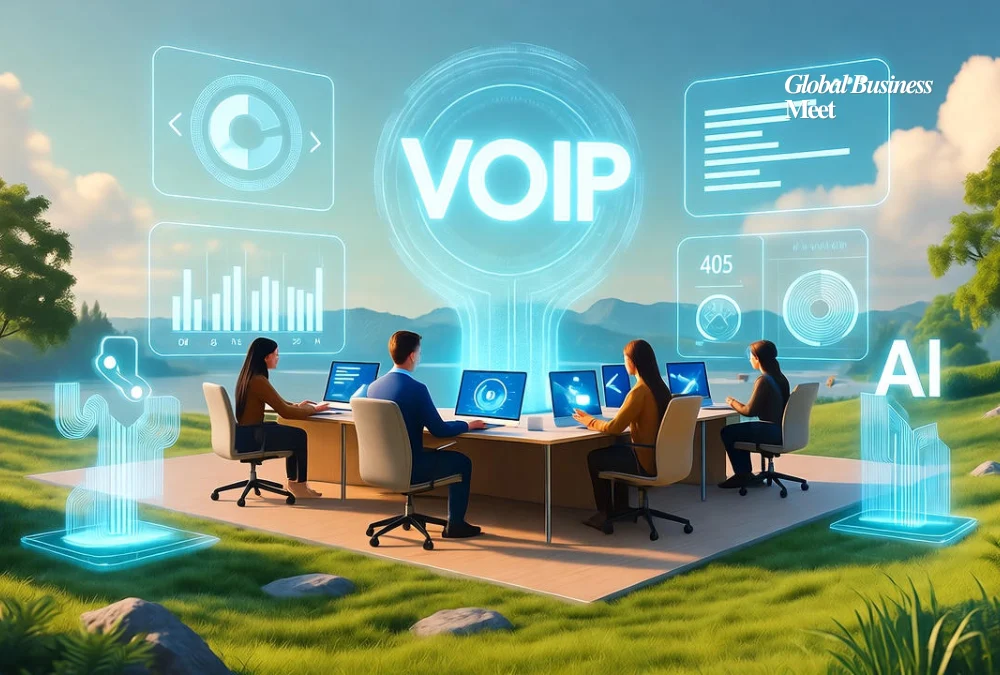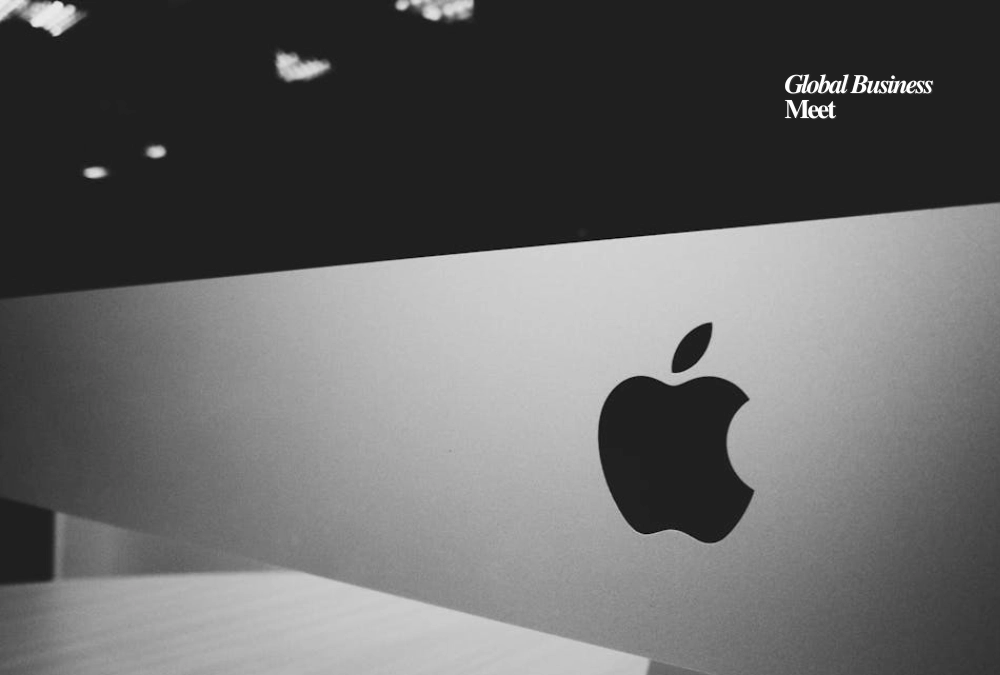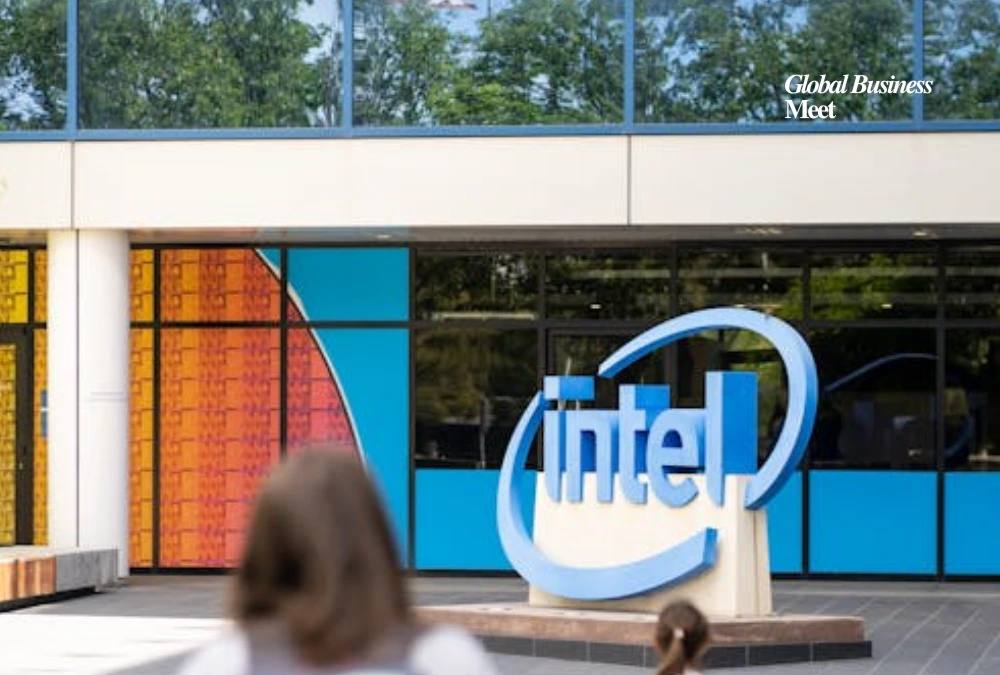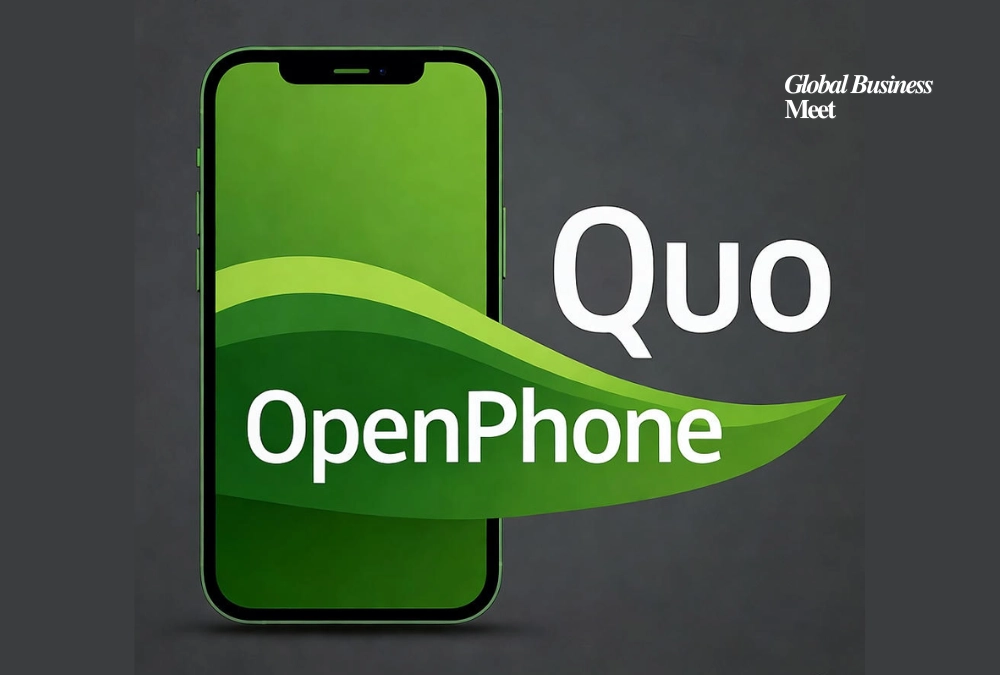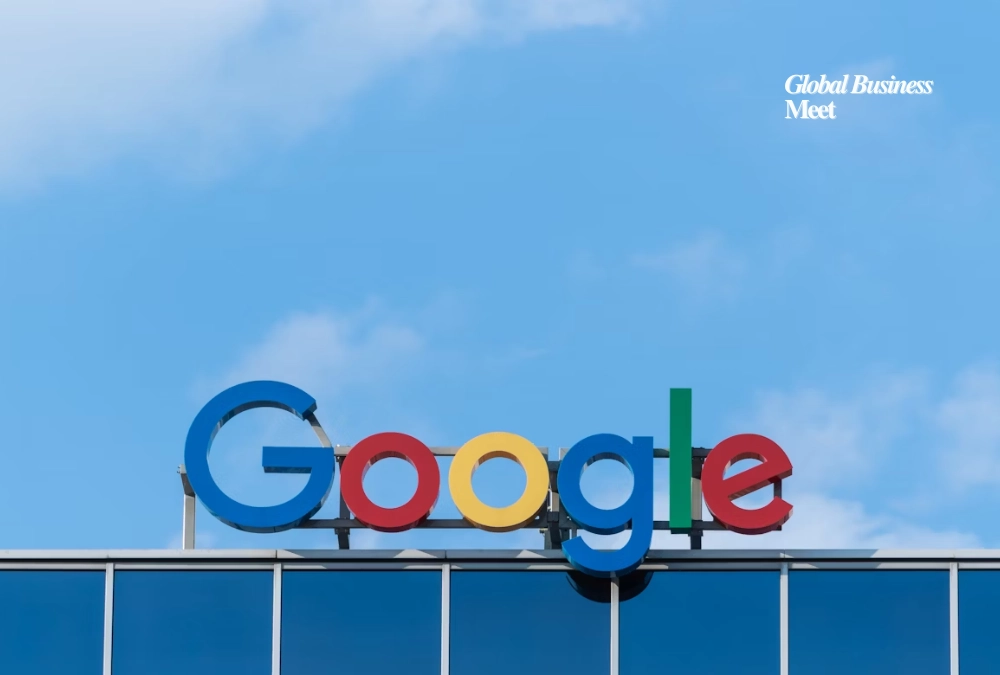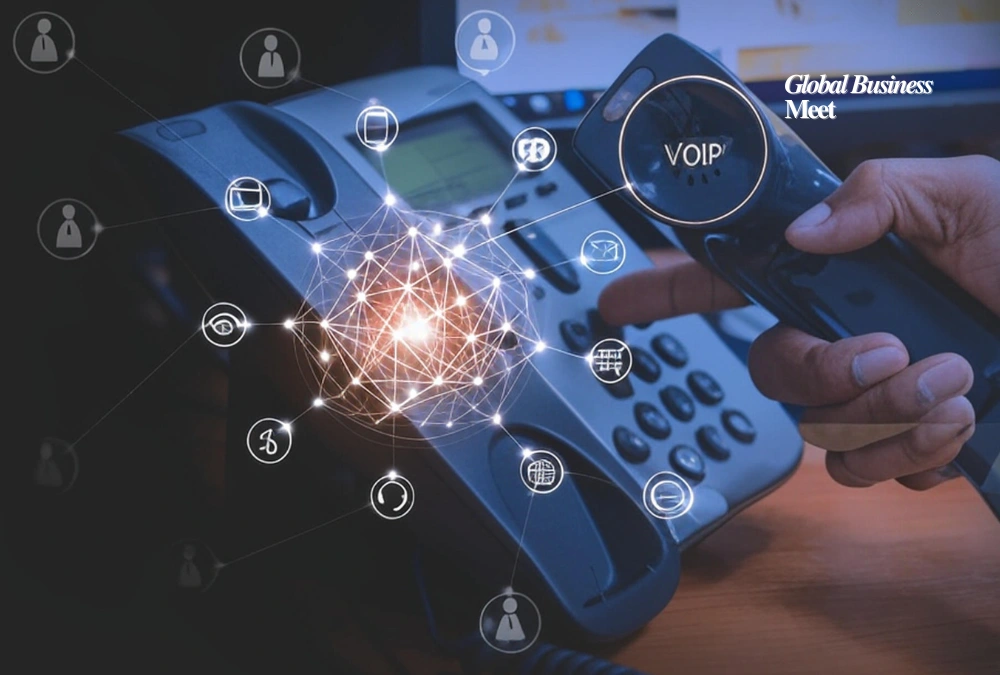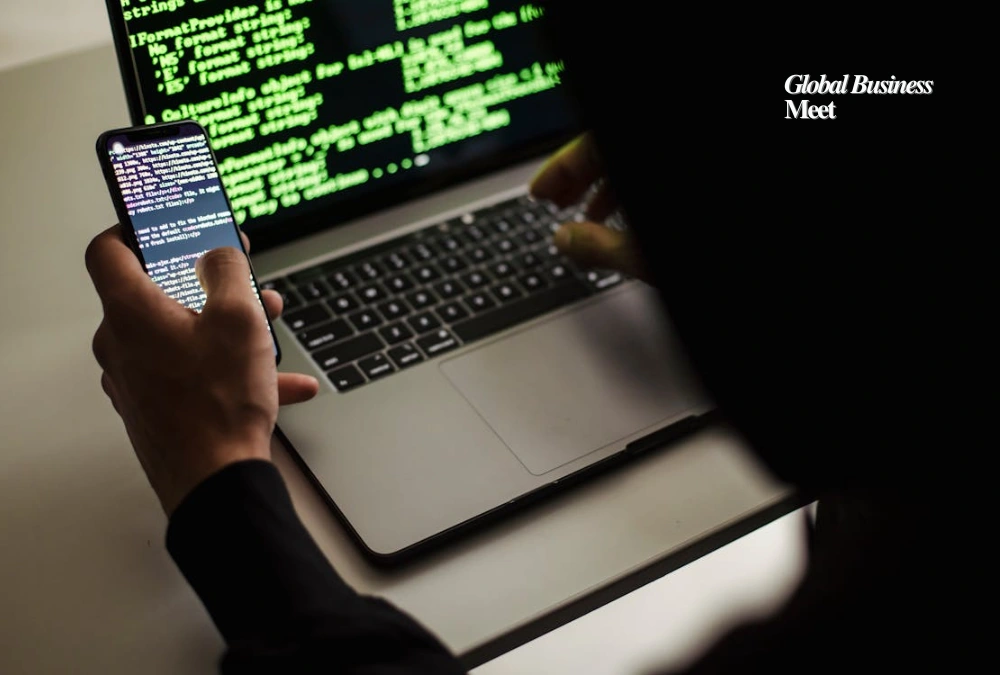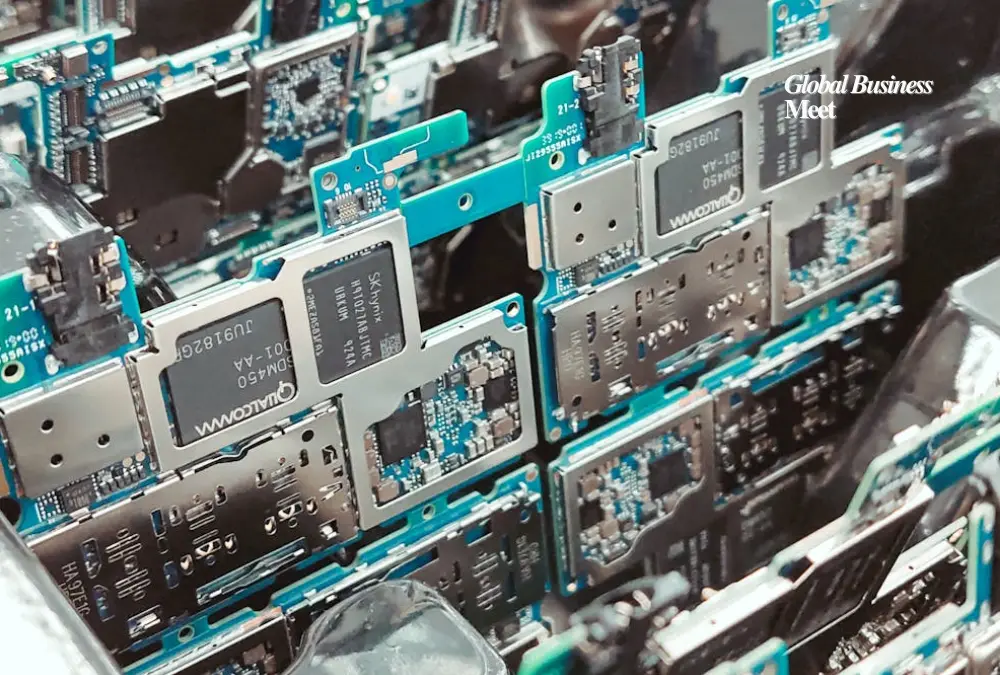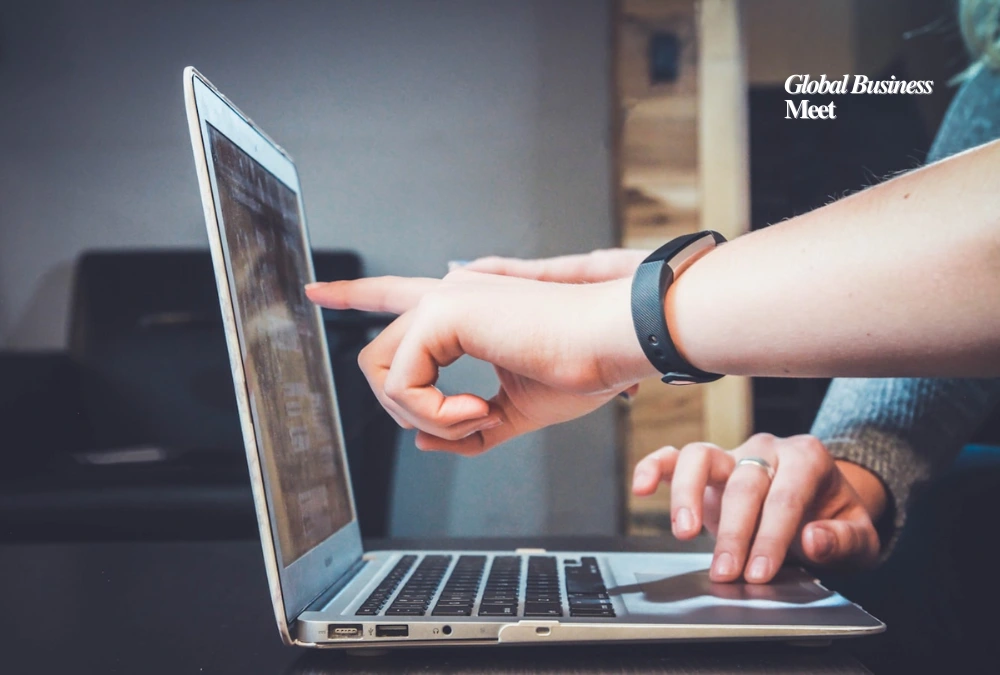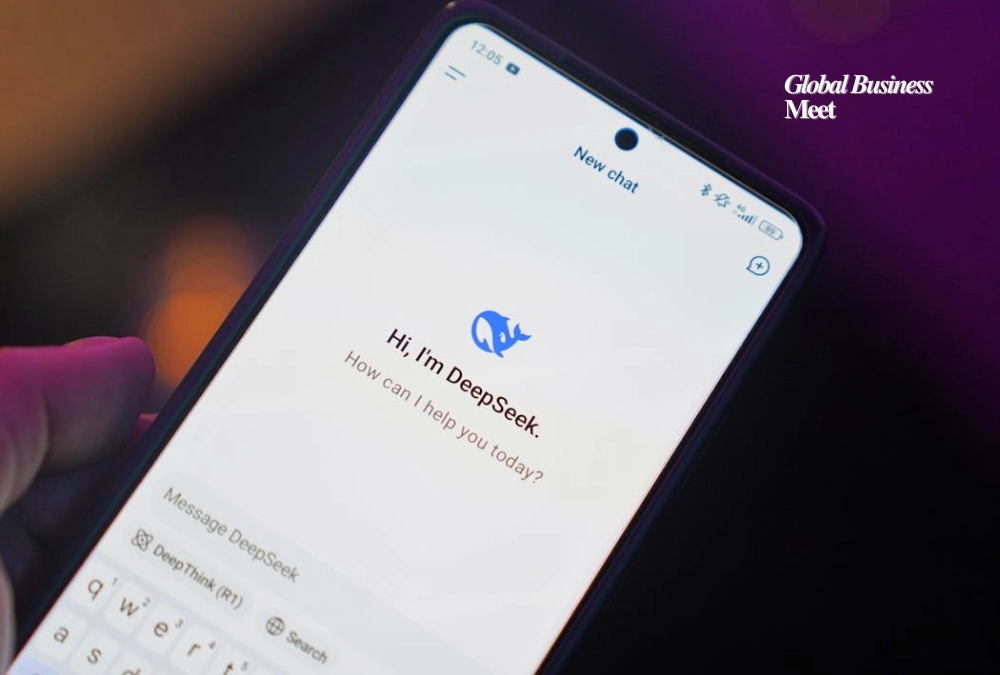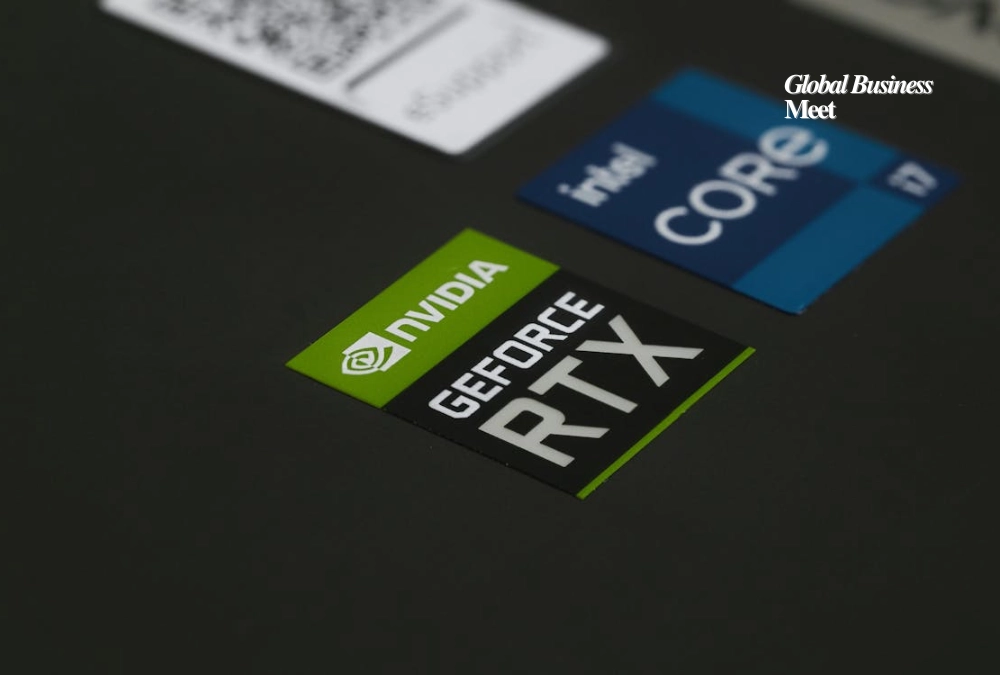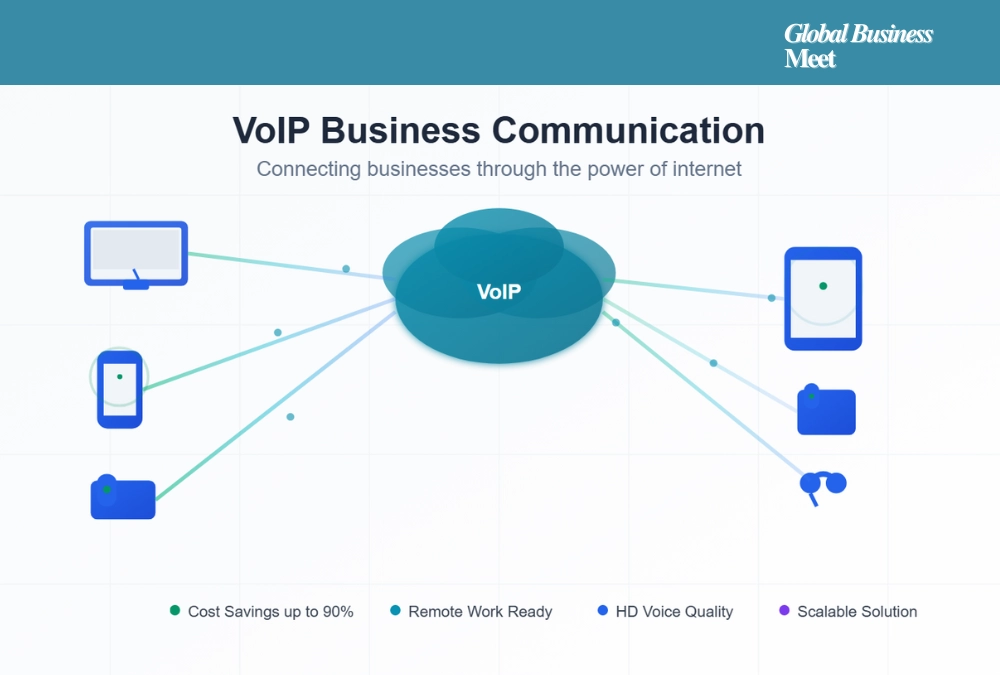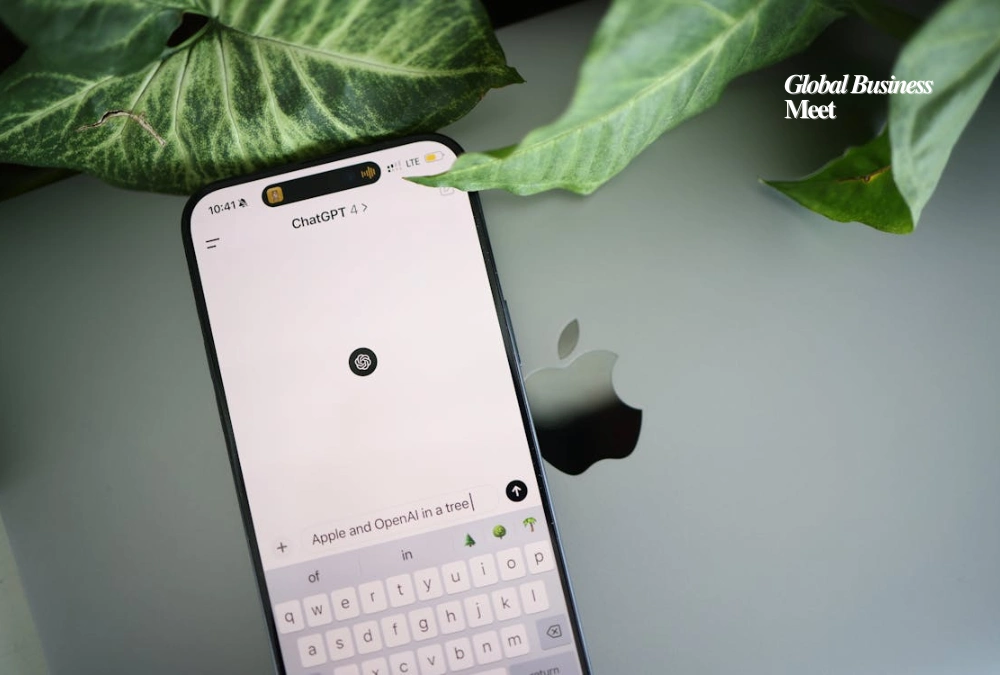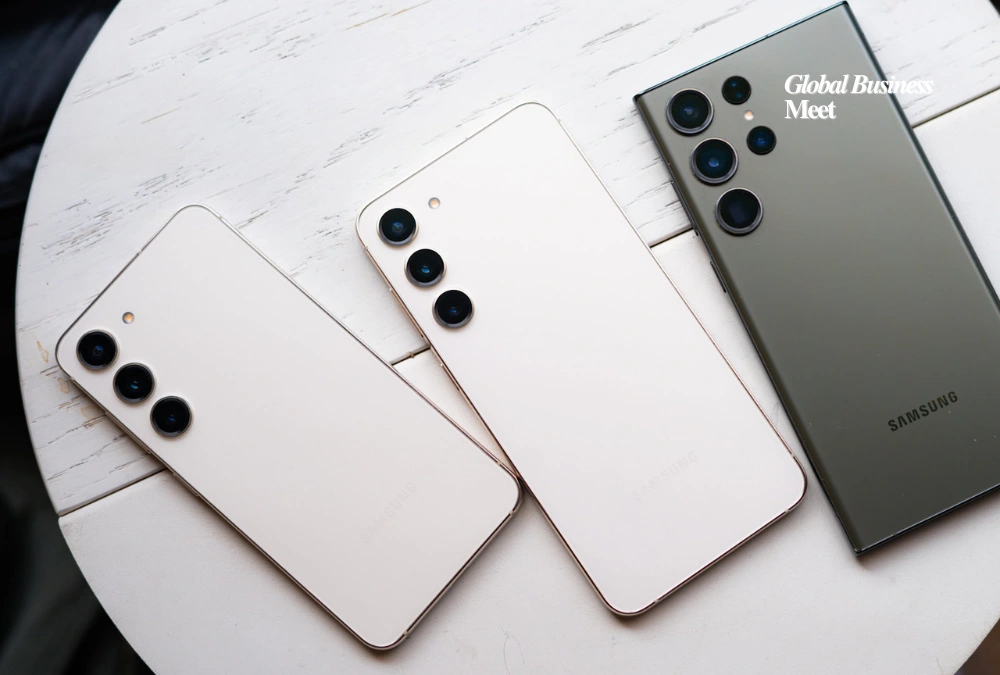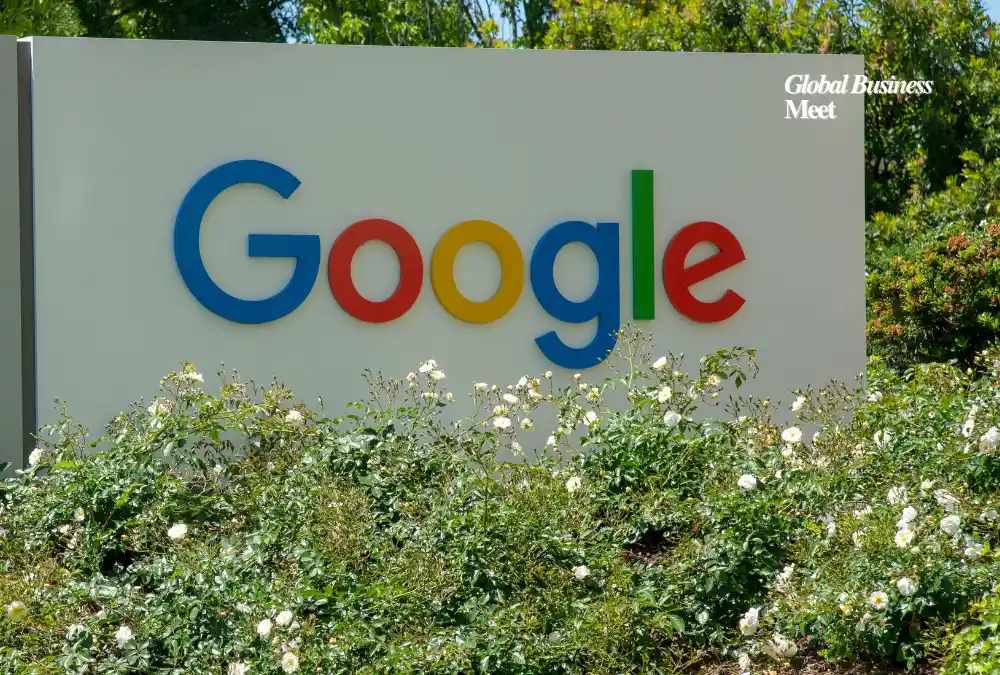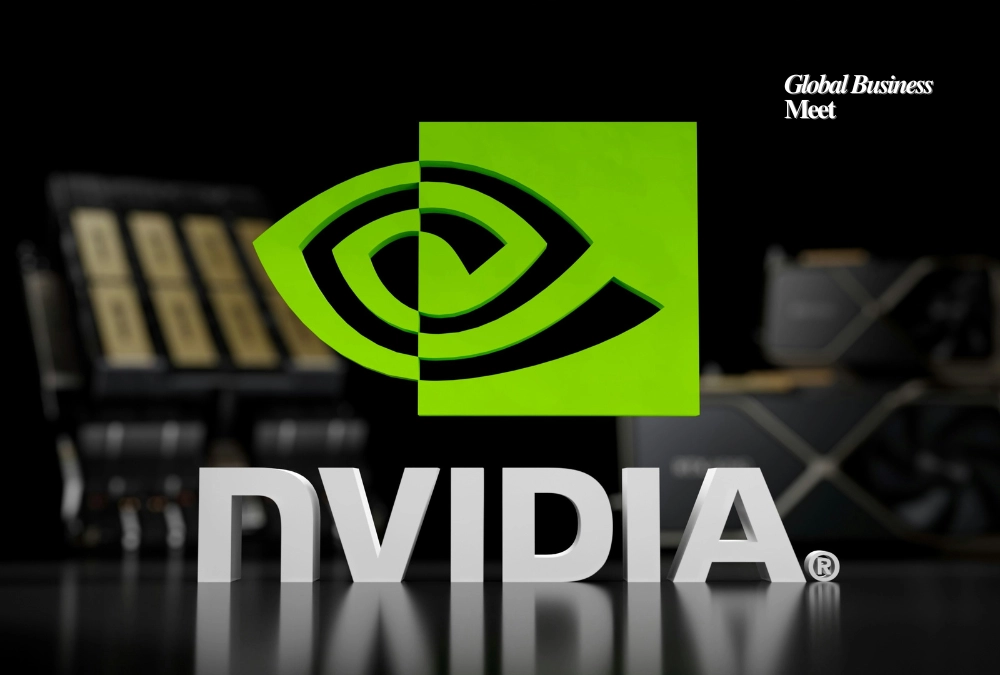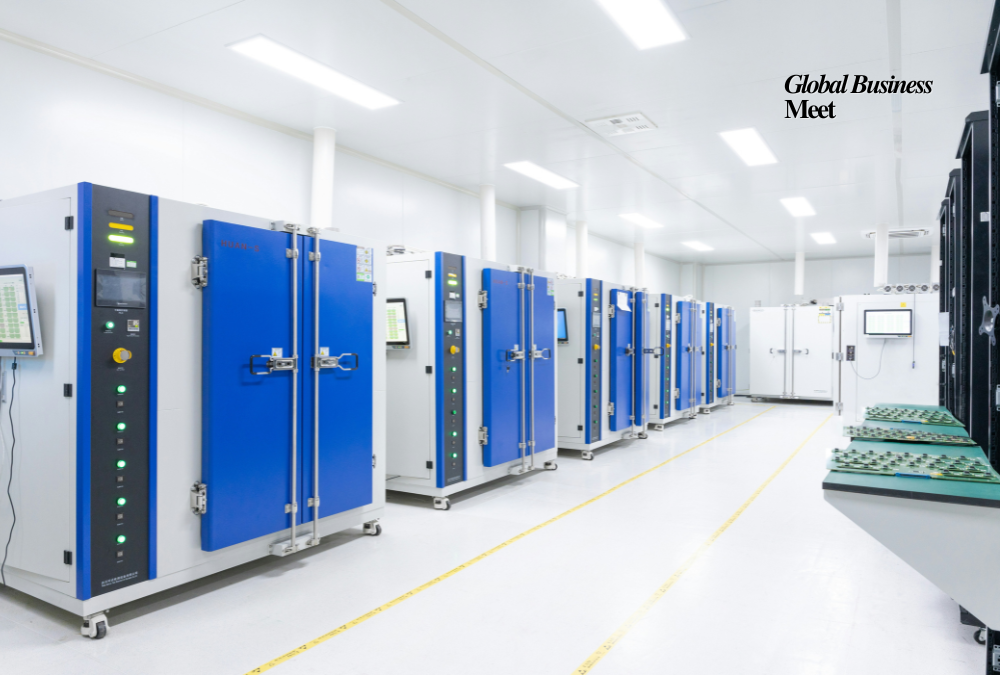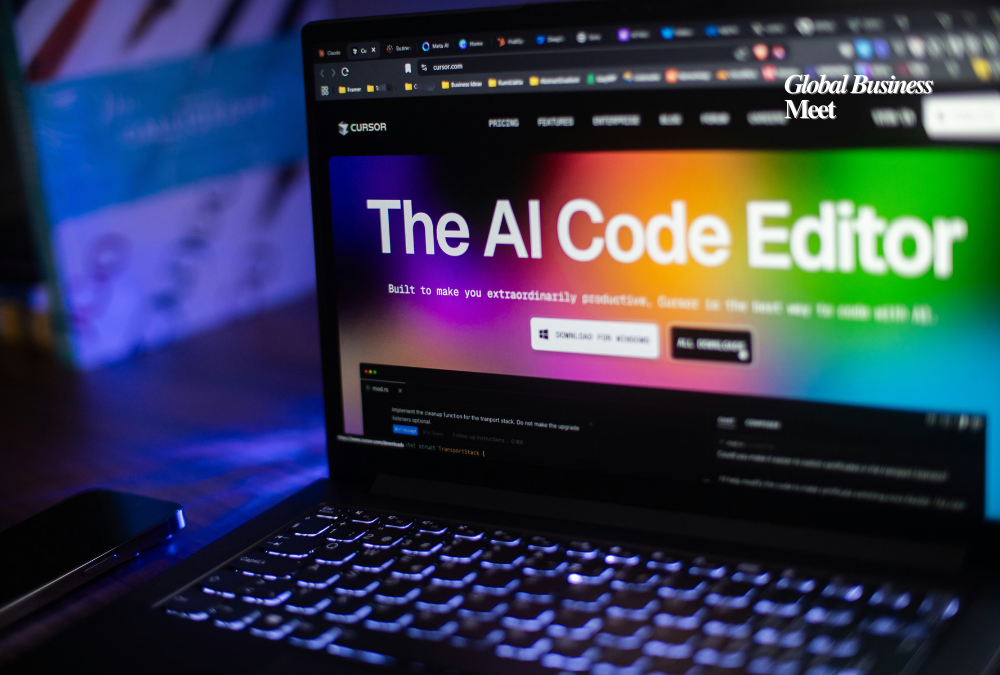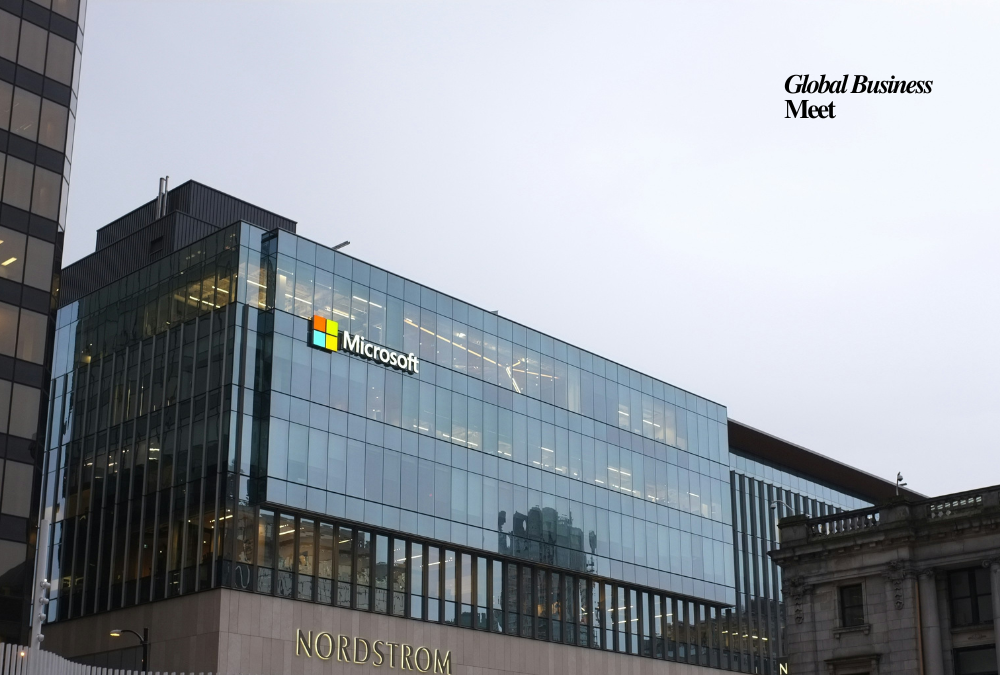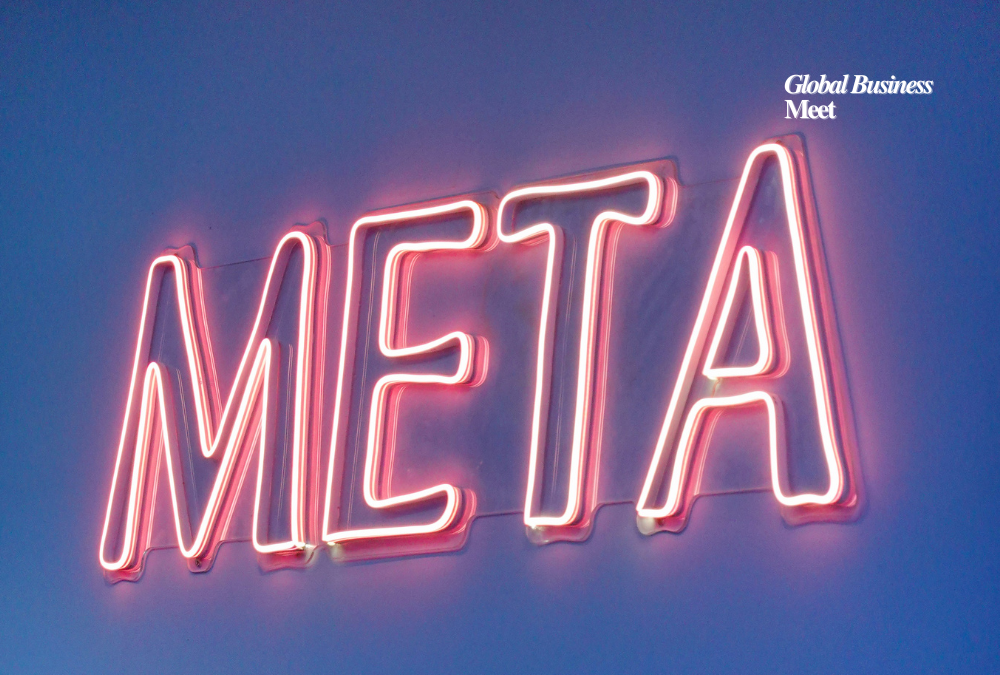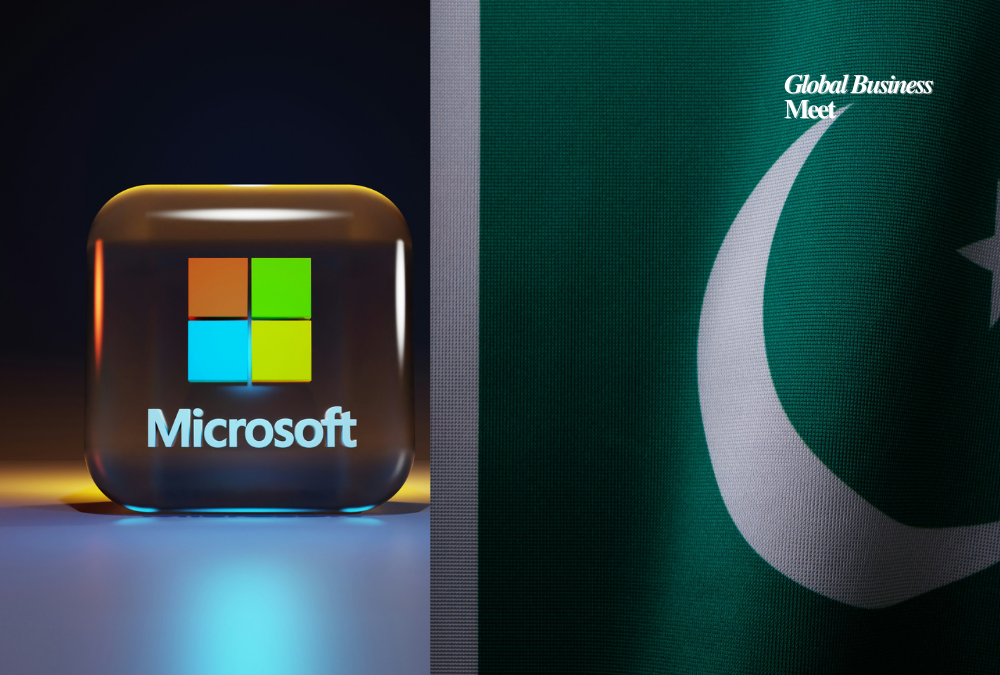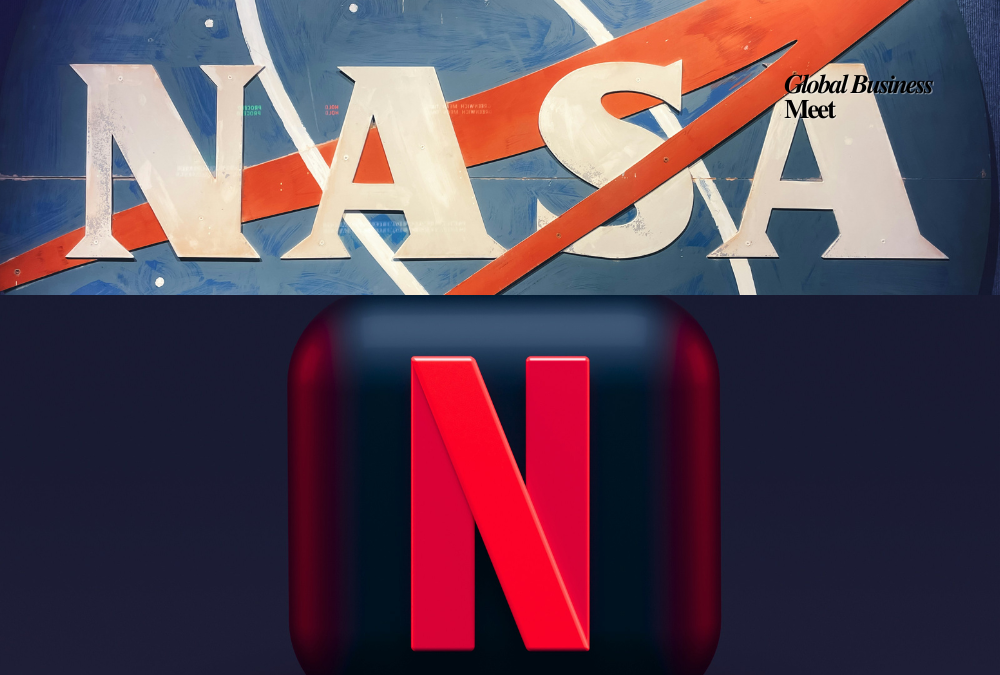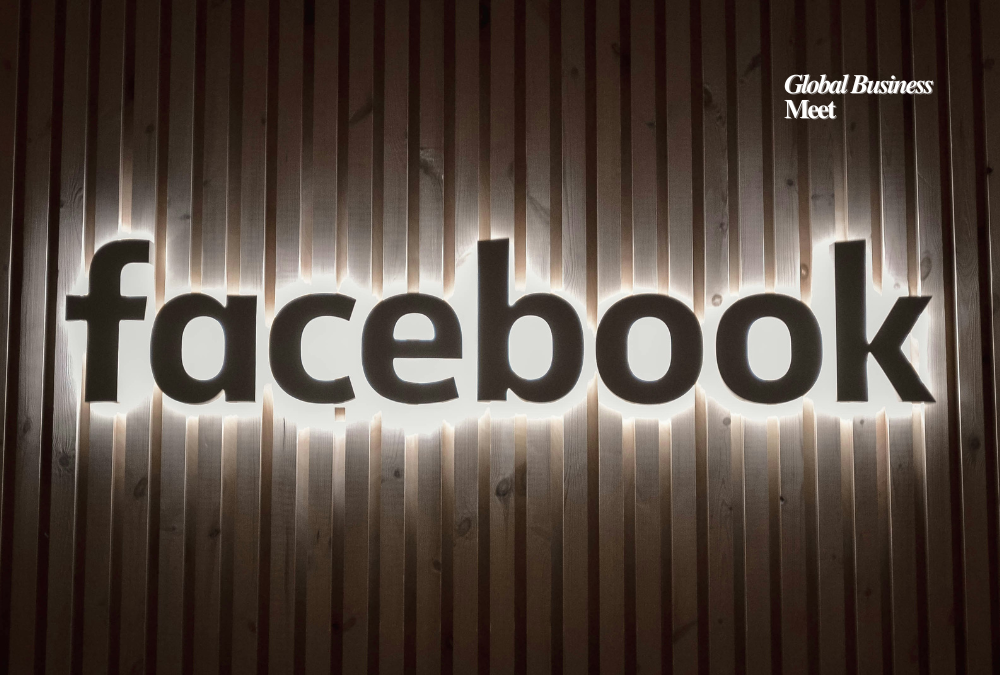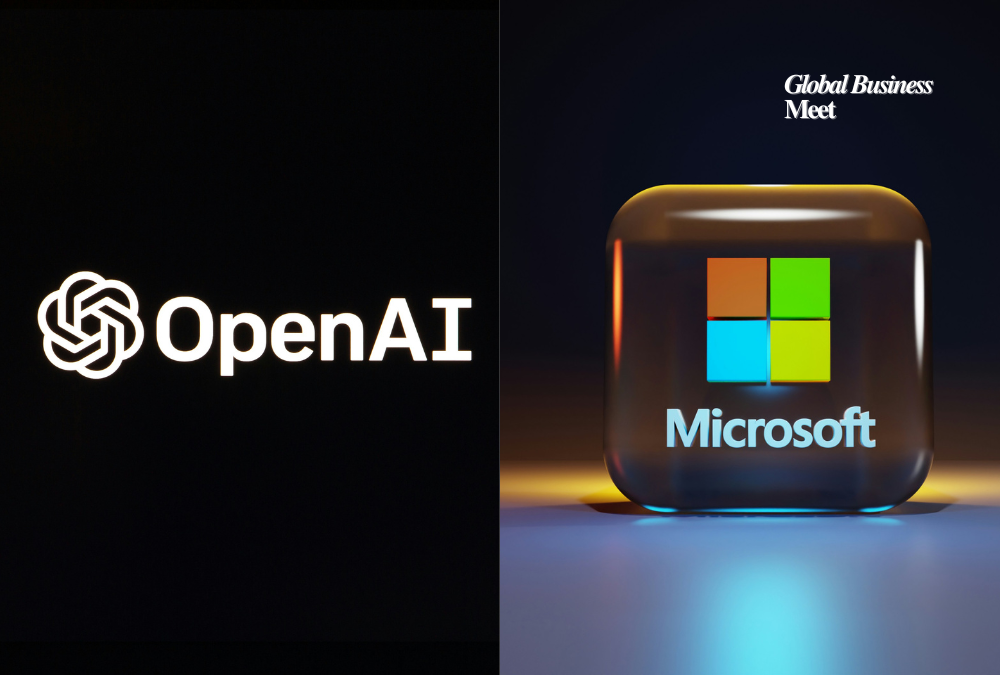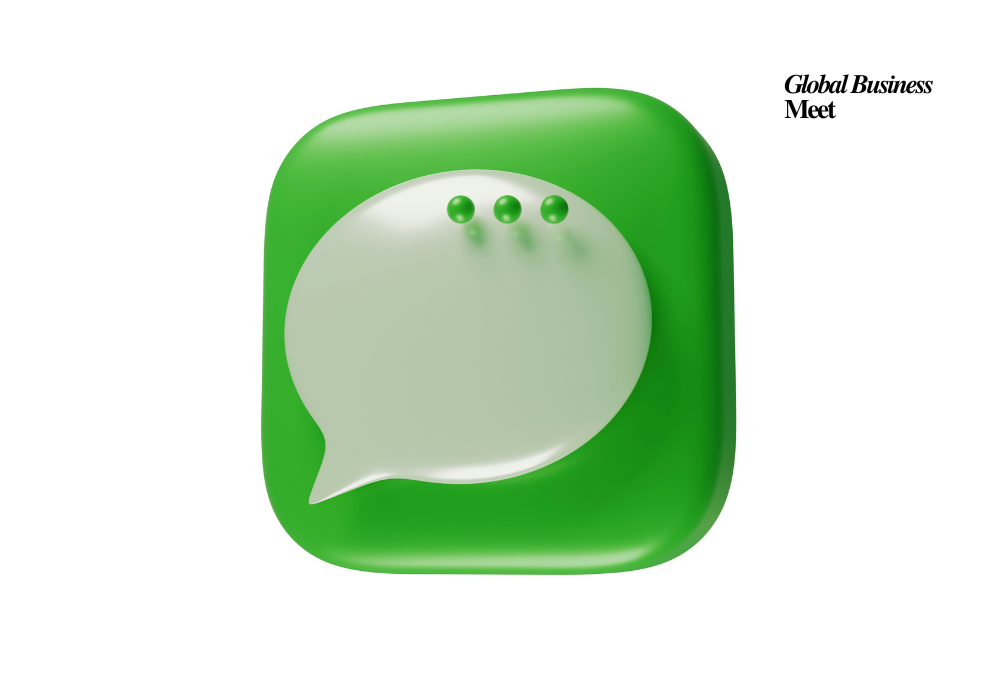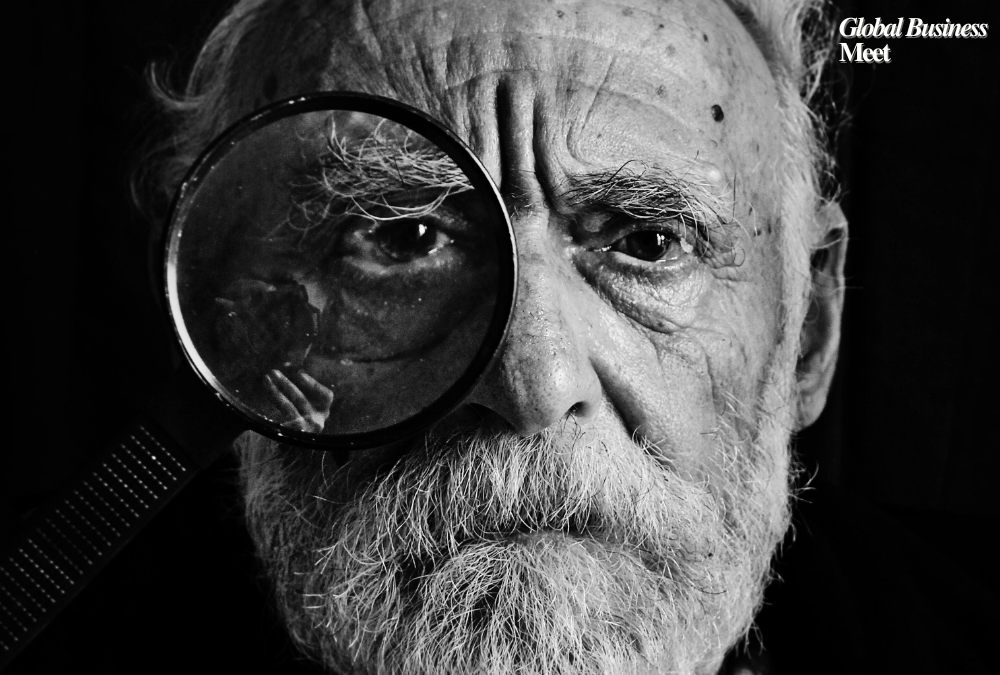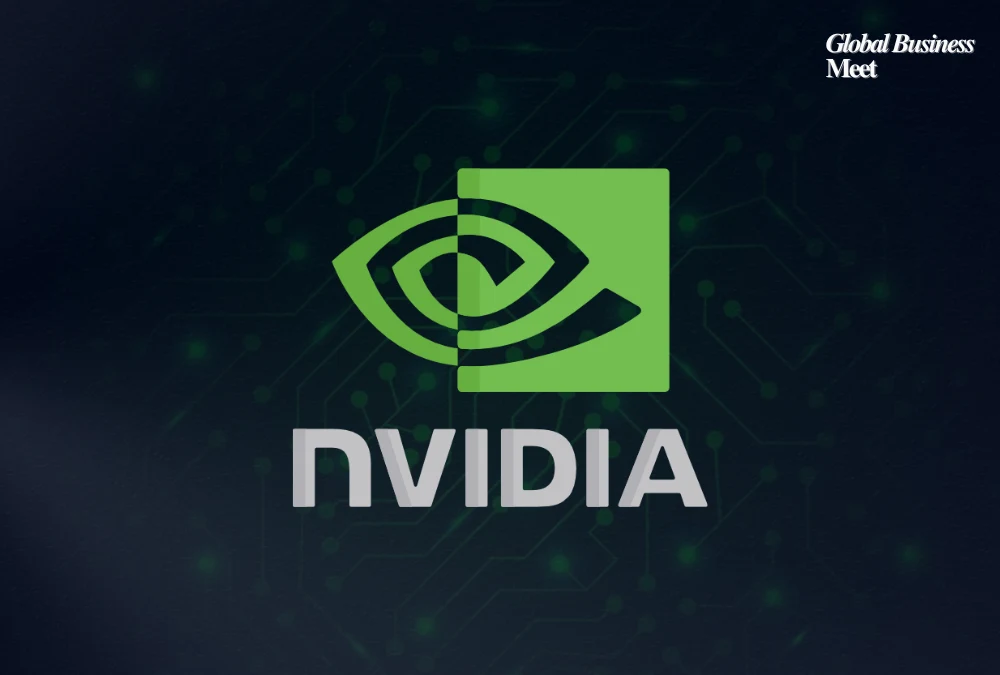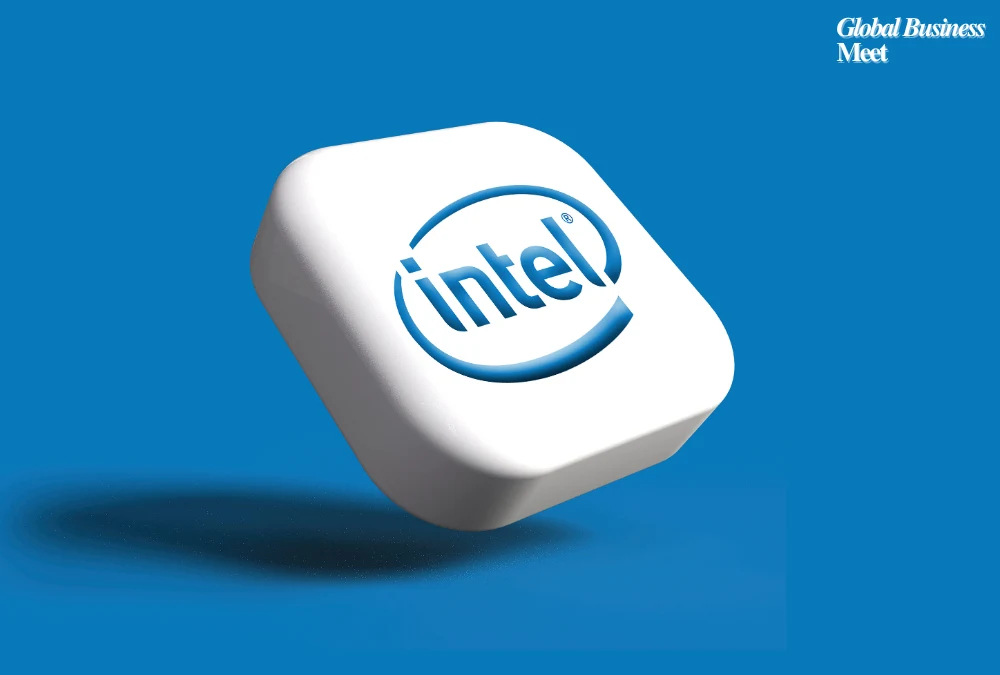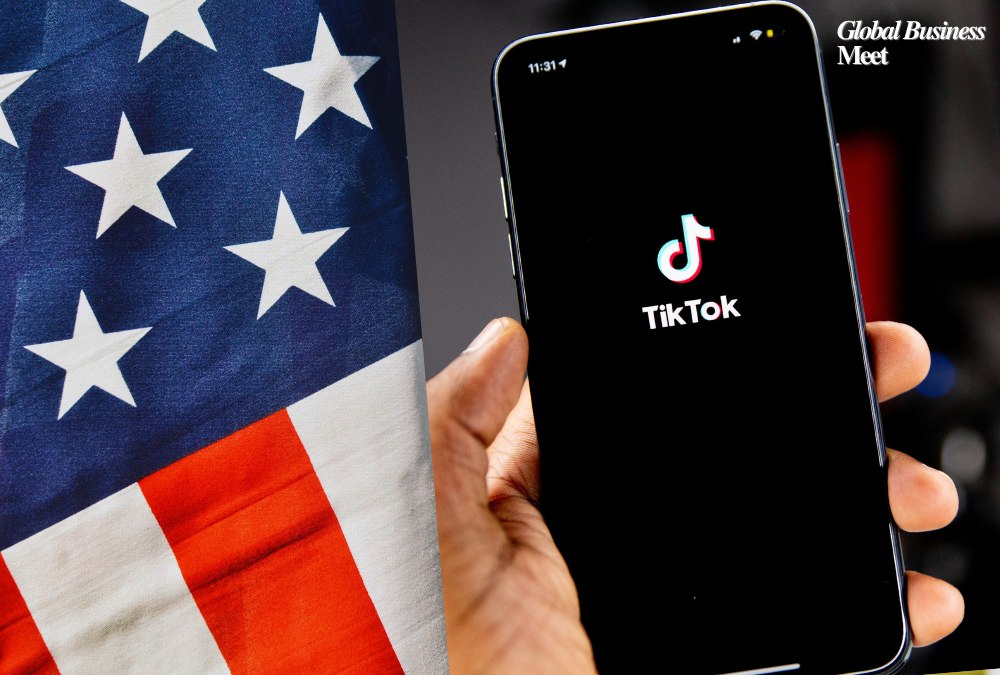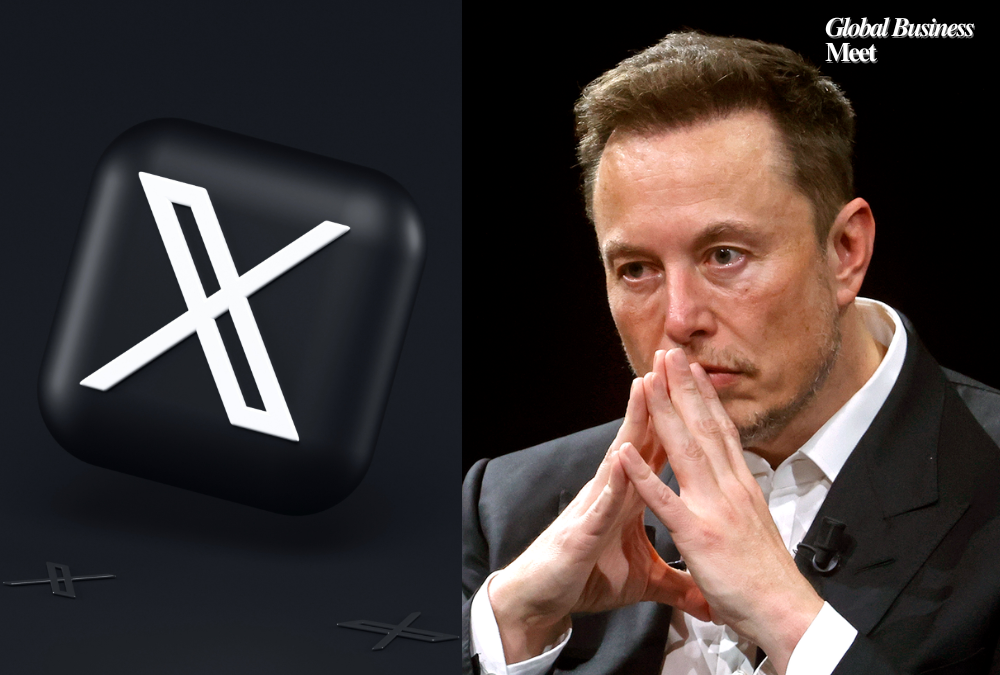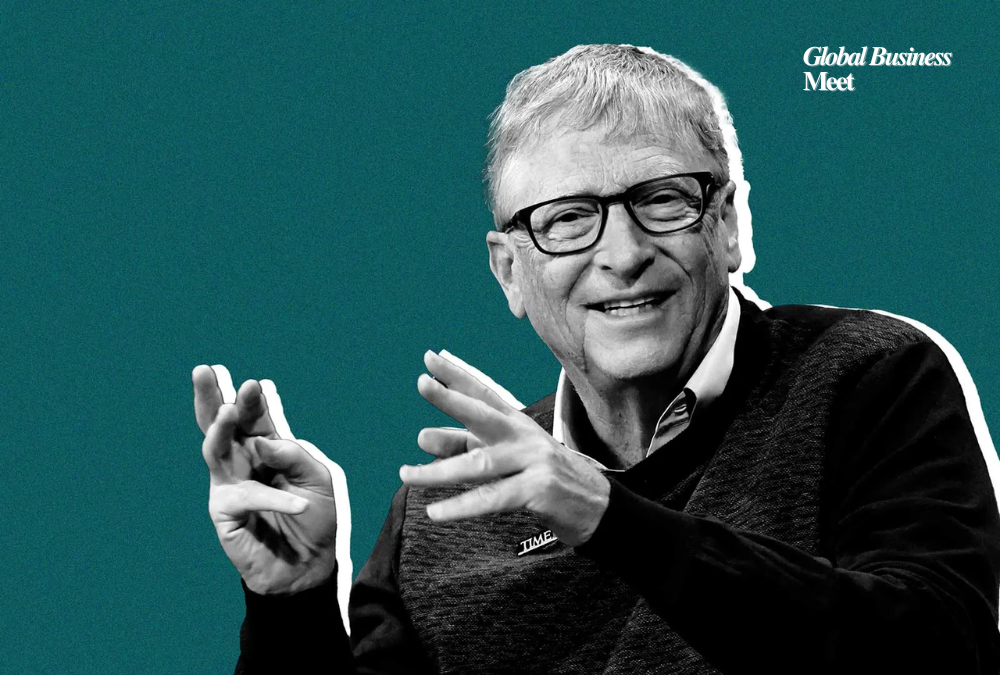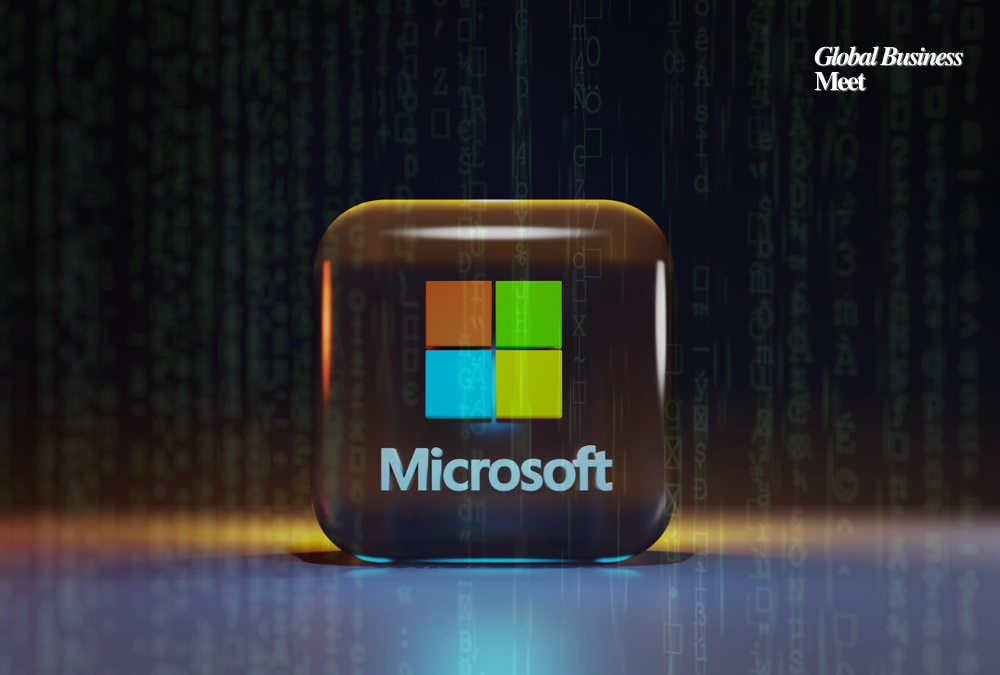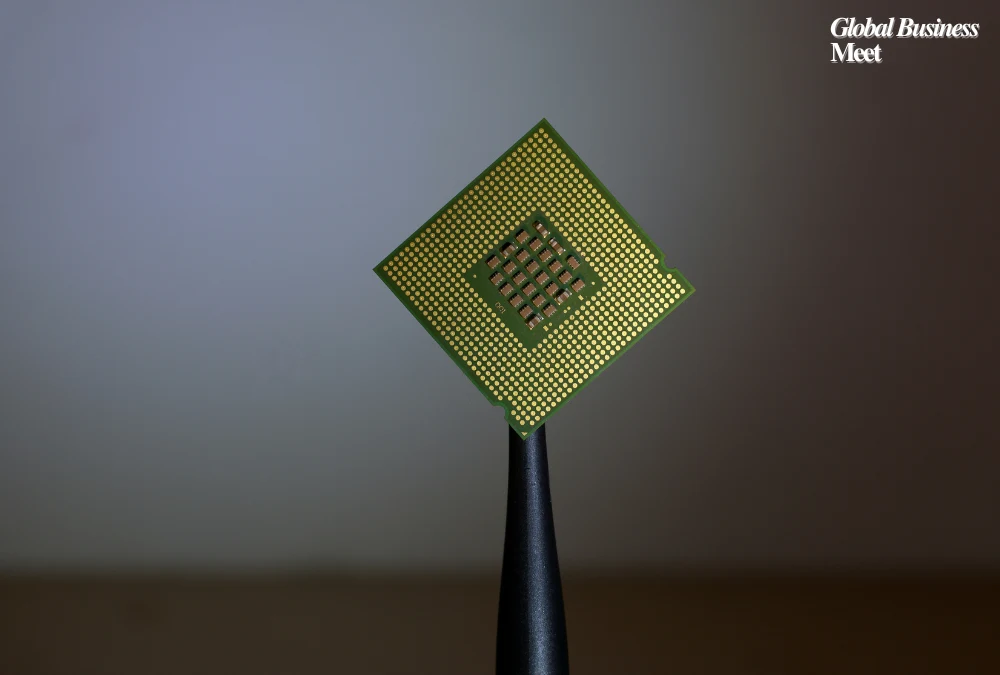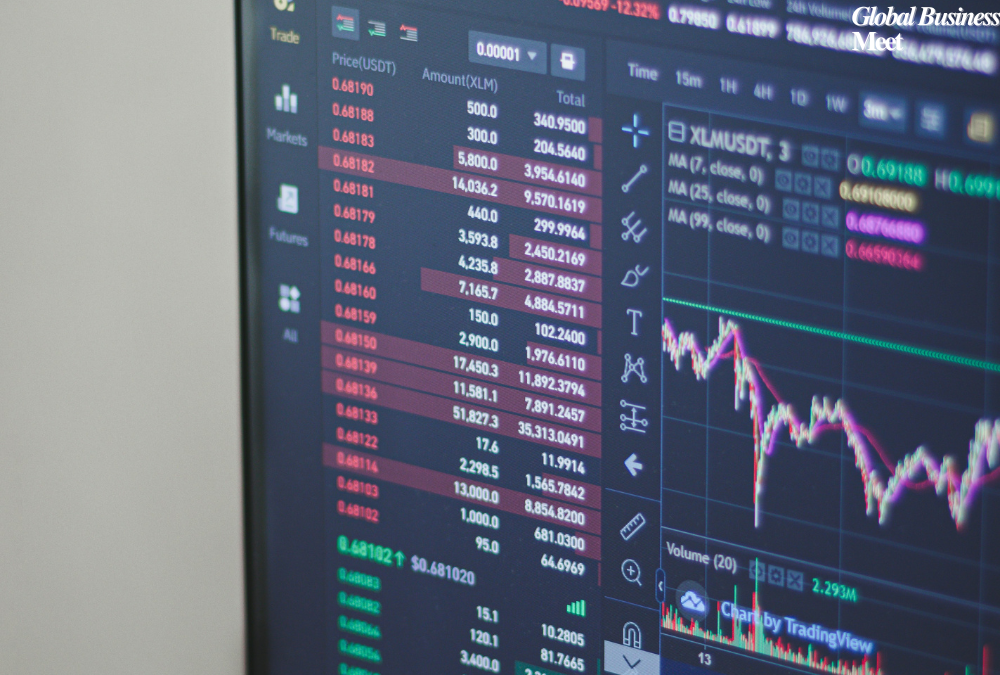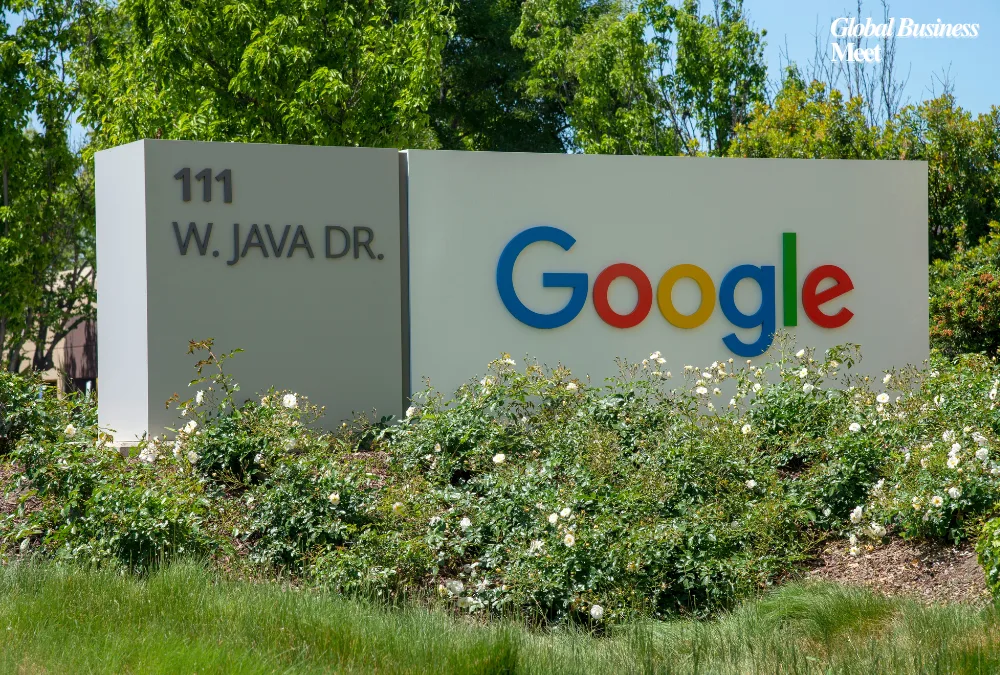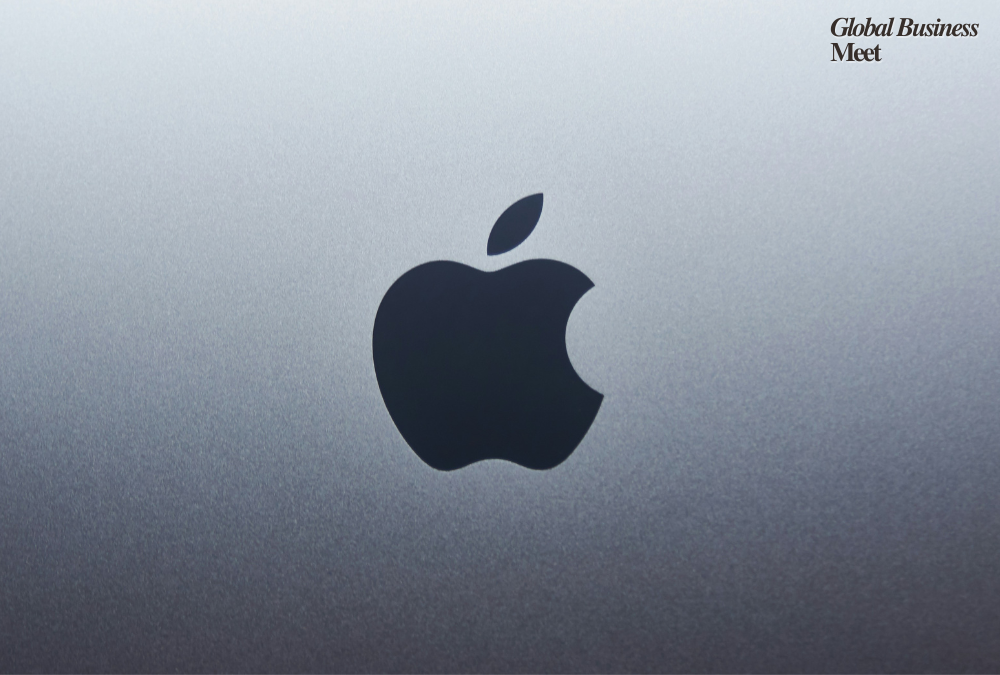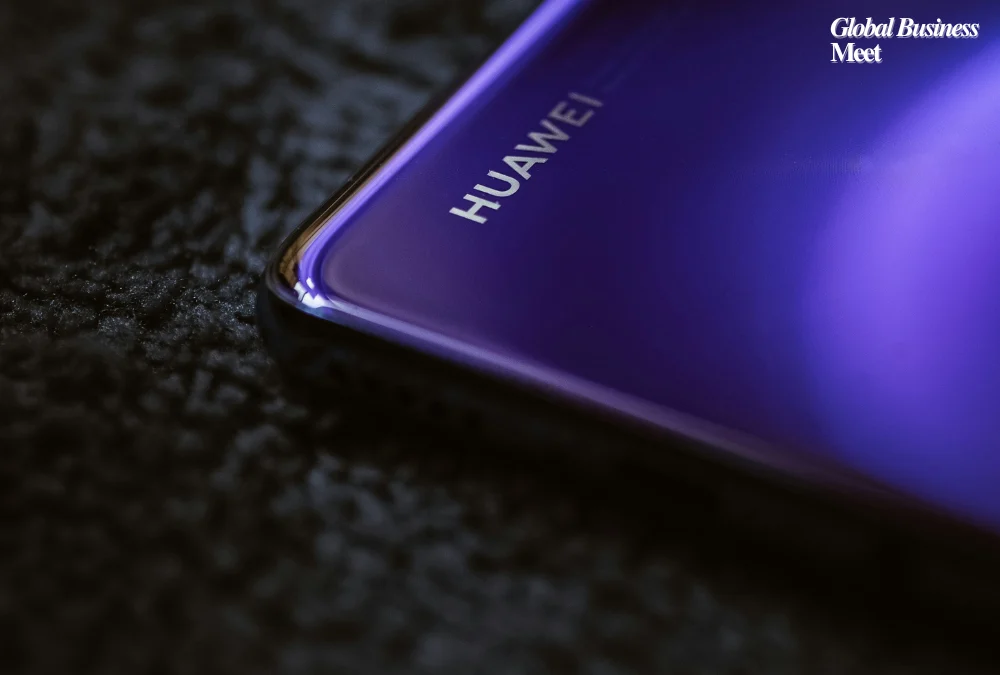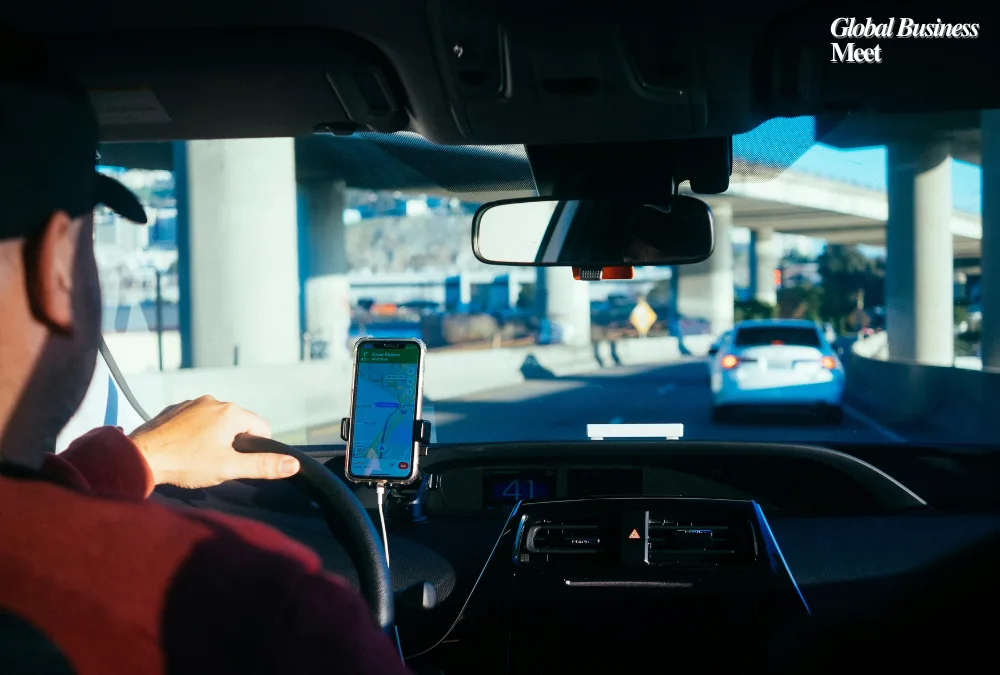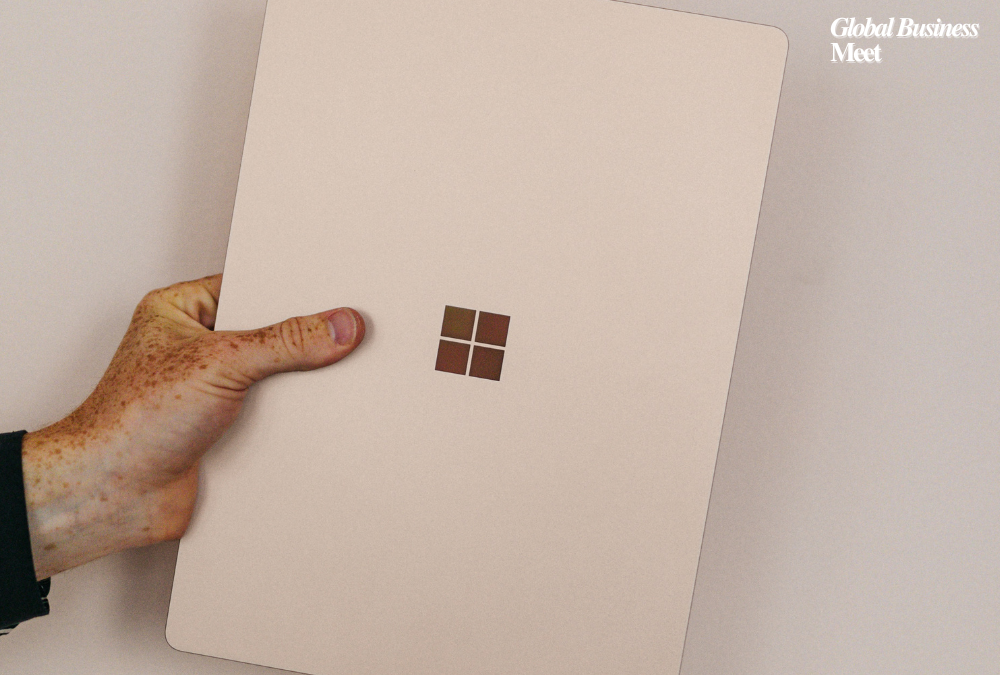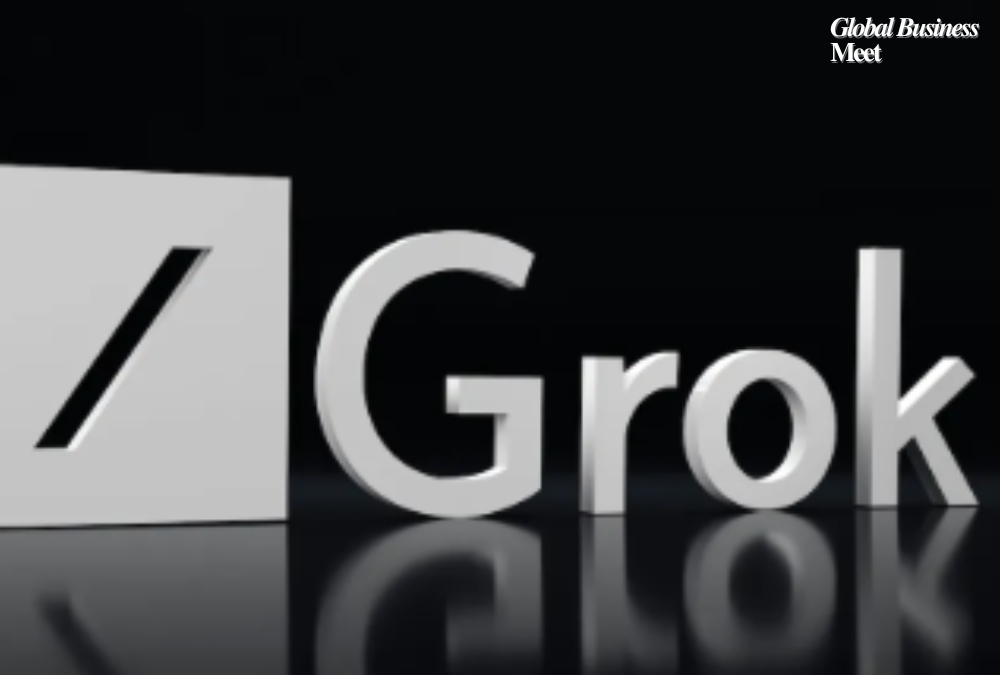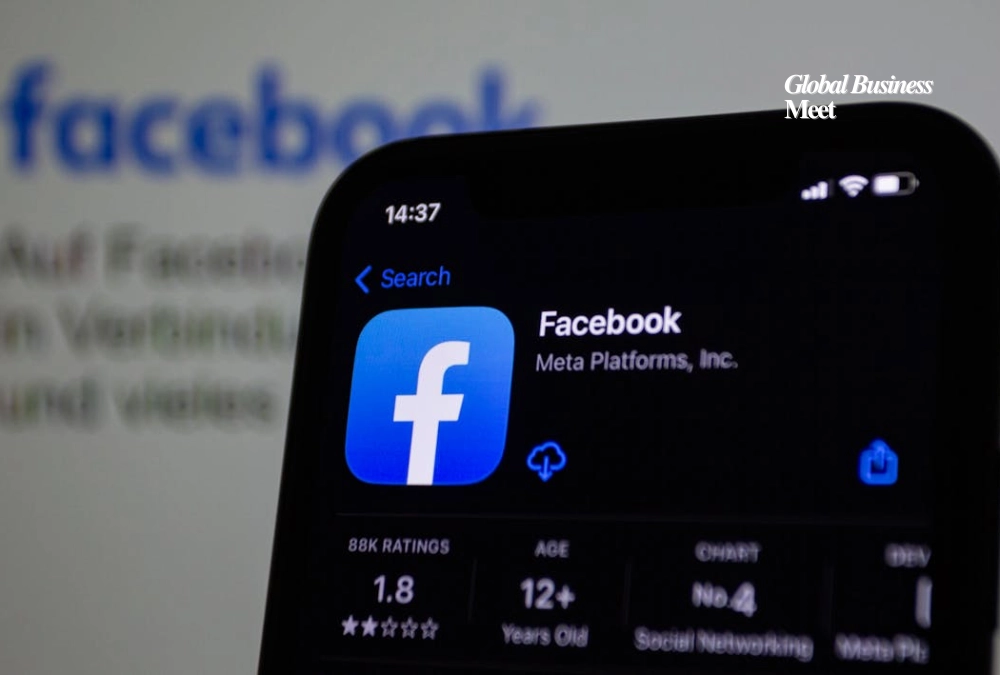
Meta is bringing artificial intelligence into the world of online dating. On Monday, the company announced that Facebook Dating will now include an AI-powered assistant designed to make finding a match easier and more personalized.
The new chatbot is meant to act as a guide for users, helping them refine what they are looking for in a potential partner. Instead of endlessly swiping, users can now ask the AI to search for something specific, such as “a Brooklyn girl in tech,” or request suggestions to improve their dating profile. The idea is to create a more customized experience that goes beyond the traditional algorithm-based match system.
Tackling Swipe Fatigue
One of the most common complaints in online dating is “swipe fatigue,” where people feel burned out after scrolling through endless profiles. To address this, Meta is introducing a new feature called Meet Cute. Each week, Facebook Dating will present users with a surprise match that the algorithm believes has strong potential. Meta hopes this will cut down on the exhausting process of searching and give people a chance to explore matches they might not have considered on their own.
The company also highlighted some positive growth within Facebook Dating. Matches among adults between the ages of 18 and 29 have grown by 10 percent year-over-year, with hundreds of thousands of users in this age group creating profiles each month. While these numbers show promise, they still lag far behind the biggest players in the industry. Tinder currently boasts around 50 million daily active users, while Hinge reports about 10 million.
AI in the Dating World
Meta is not the first to experiment with artificial intelligence in dating apps. In fact, AI features have already become a staple across many platforms. Newer apps like Sitch are attempting to stand out by centering their services around AI tools.
Match Group, which owns Tinder, Hinge, OkCupid, and several other dating services, announced a partnership with OpenAI last year. The collaboration is part of the company’s more than 20 million dollar investment in AI technology. Although Match Group has faced financial struggles, with its stock price dropping about 68 percent over the past five years, the company is betting heavily that AI will transform the way people date.
So far, this partnership has resulted in features like an AI-powered photo selector on Tinder, which scans a user’s camera roll to choose the most flattering images for their profile. Tinder has also introduced AI-driven matching tools that aim to increase compatibility. On Hinge, users can access an AI assistant that helps them improve their responses to profile prompts, making conversations easier to start and more engaging.
Bumble has also joined the trend by rolling out AI features of its own. Founder Whitney Wolfe Herd sparked debate last year when she suggested a future where people might have personal “AI concierges” that could interact with one another to test compatibility before two humans meet in person. While the idea may sound futuristic, it reflects how quickly AI is being integrated into the dating industry.
What Meta Hopes to Achieve
For Meta, the introduction of an AI dating assistant is part of a broader effort to make Facebook Dating more competitive. Although the platform has not reached the scale of Tinder or Hinge, Meta is betting that its vast user base and advanced AI research can help carve out a niche in the market.
The AI assistant is designed to make dating less stressful and more interactive. Instead of simply serving up matches, it gives users the ability to actively shape their search in natural conversation. This approach could resonate with younger users who are already comfortable chatting with AI tools like ChatGPT or Google’s Gemini.
Meta also appears to be testing whether a mix of personalized guidance and algorithm-driven surprises can strike the right balance. With the combination of user-directed searches and weekly surprise matches, the company hopes to keep people engaged while also creating opportunities for authentic connections.
The Bigger Picture
The addition of AI assistants to dating platforms highlights a broader shift in how technology is being used to shape human relationships. Online dating has already transformed how millions of people meet, and AI is now being positioned as the next stage in that evolution.
While the technology may offer more convenience and precision, it also raises questions. Can AI truly understand compatibility, or does it risk reducing human connection to a set of data points? For now, companies like Meta are betting that the benefits outweigh the drawbacks.
As competition in the dating app market grows fiercer, AI tools may be the deciding factor in which platforms succeed. Whether Facebook Dating can close the gap with established giants remains to be seen, but with the launch of its AI assistant, Meta has signaled that it is ready to innovate in one of the most personal corners of the digital world.

